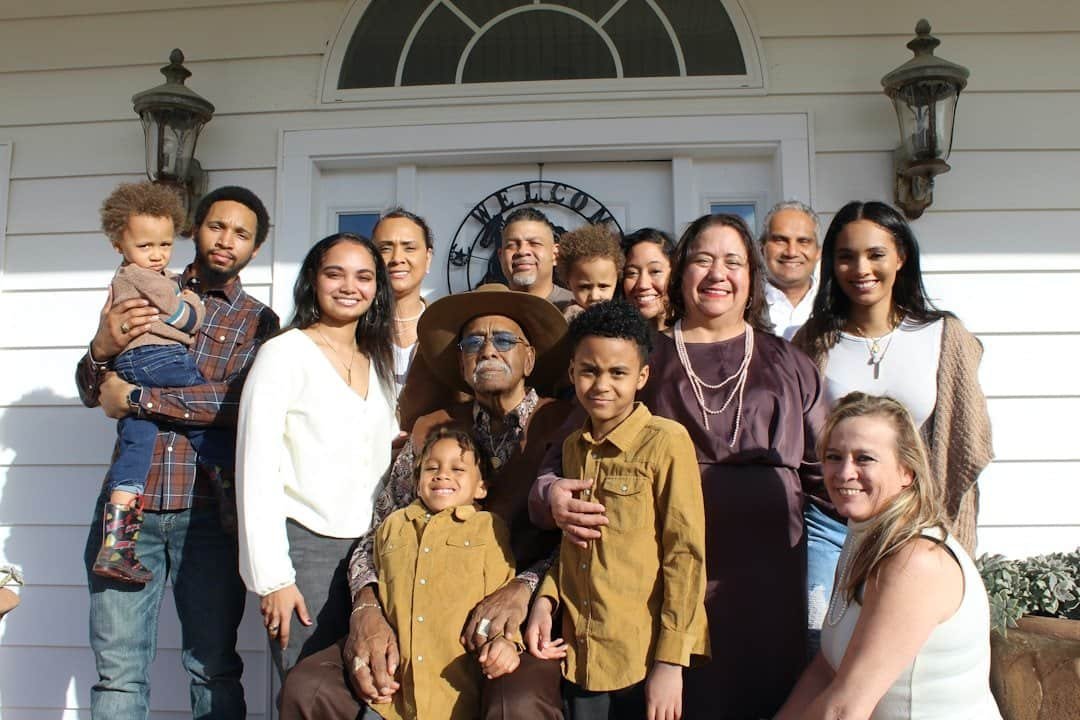How to Heal Family Trauma
Have you ever felt trapped by the weight of your family’s past? Unresolved trauma can cast a long shadow, affecting your relationships, self-esteem, and overall well-being. Family trauma often stems from unfortunate events like divorce, broken promises, and relationship issues. Abandonment and childhood trauma can have lasting effects, rippling through generations as individuals grow into adulthood. These experiences can shape family dynamics, creating patterns of behavior that perpetuate emotional pain. Recognizing and addressing these wounds is crucial for healing and breaking the cycle of intergenerational trauma.
Understanding Family Trauma
Family trauma encompasses distressing events that disrupt familial harmony, causing significant emotional pain. This can manifest through abuse, neglect, loss, or domestic violence. The repercussions often lead to strained relationships and ongoing mental health issues. Recognizing these experiences is crucial for healing, as they can instill fear, anxiety, and mistrust that persist for years, affecting one’s ability to form healthy connections.
Symptoms of Family Trauma in Children
Family trauma can manifest in children through various emotional, behavioral, and physical symptoms. You may notice
Anxiety
Depression
Mood swings
Regressive behaviors like bedwetting or thumb-sucking might reappear.
Physical complaints such as headaches or stomachaches are also common.
Academic performance may decline, and behavioral issues like aggression or withdrawal could emerge.
Recognizing these signs is crucial for addressing the lasting impact of family trauma.
Practical Strategies to Heal from Family Trauma
Each family member may process trauma differently. Seeking professional support through family therapy in Colorado Springs can help develop coping mechanisms and break generational cycles.
Acknowledge and Validate the Trauma
Recognizing and accepting the emotional impact of family trauma is a crucial first step toward healing. Allow yourself and others the space to sit with uncomfortable emotions, validating each person’s unique journey. Respecting individual timelines is essential. Remember, acknowledging trauma doesn’t mean dwelling on it but rather creating a foundation for growth and recovery.
Learn to Process Your Own Emotions
Healing family trauma begins with acknowledging and processing your emotions. Instead of pushing feelings away, practice identifying them as they arise. Allow yourself to understand these emotions, observing without judgment. Journaling can be an effective tool for working through complex feelings. Remember, emotional processing takes time and patience. Gradually, you’ll become more comfortable with the wide range of emotions stemming from your experiences.
Seek Help
Reaching out for support can be challenging, especially when grappling with family trauma. However, building a network of trusted confidants is crucial for healing. Consider professional counseling if you’re struggling to cope. Remember, honesty and self-compassion are key as you navigate this journey. Don’t hesitate to lean on friends, family, or a therapist–their guidance can be invaluable in your path to recovery.
Address Communication Patterns
Address communication patterns that may have contributed to or resulted from the traumatic experiences. This often requires breaking cycles of unhealthy communication, which can involve learning to express emotions constructively, setting healthy boundaries, and avoiding blame. Equally important is active listening, which demands truly hearing and understanding what others are saying without interruption or judgment. Teach your family members to communicate their needs and boundaries effectively, as this is crucial for establishing and maintaining healthy relationships moving forward.
Take Care of Yourself
Self-care is invaluable in healing family trauma. Prioritize relaxation and activities that ground you in the present moment. Take regular walks or physical exercise to shift focus from your mind to your body. This helps reduce stress and promotes overall well-being. Remember, healing is a journey, so be patient with yourself and make self-care a non-negotiable part of your routine.
Are you struggling with family trauma? I’m here to help. Through personalized counseling, family therapy, and group therapy, I offer a holistic approach to managing family trauma. Whether you prefer in-office visits or online services, I’m committed to providing the tools you need to heal and thrive. Book your free 20-minute consultation to get started today with Family Therapy in Colorado Springs.


